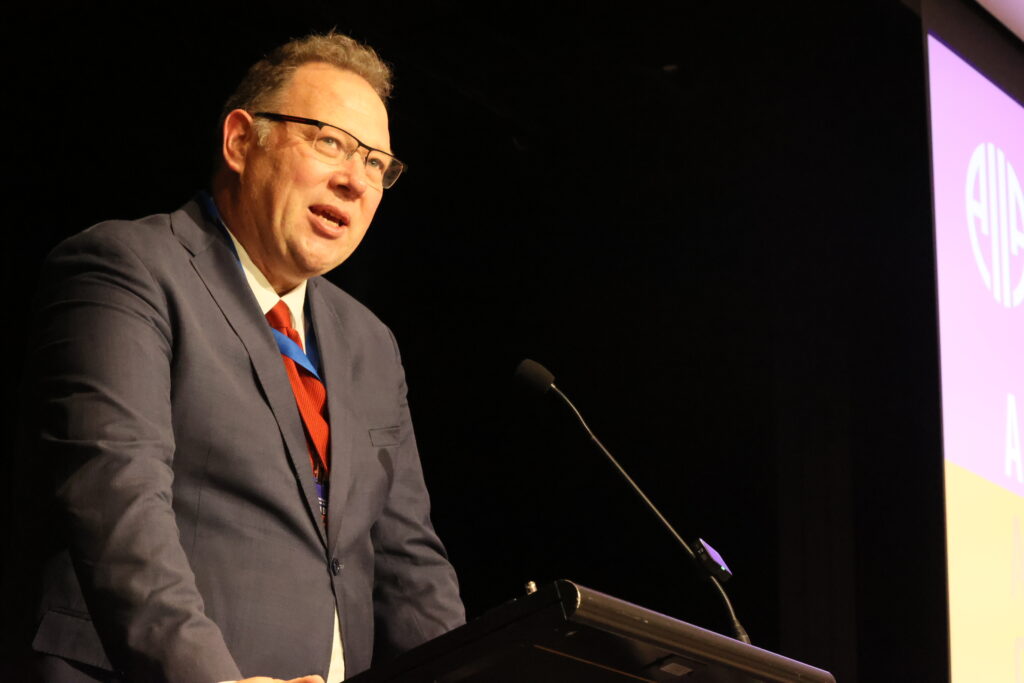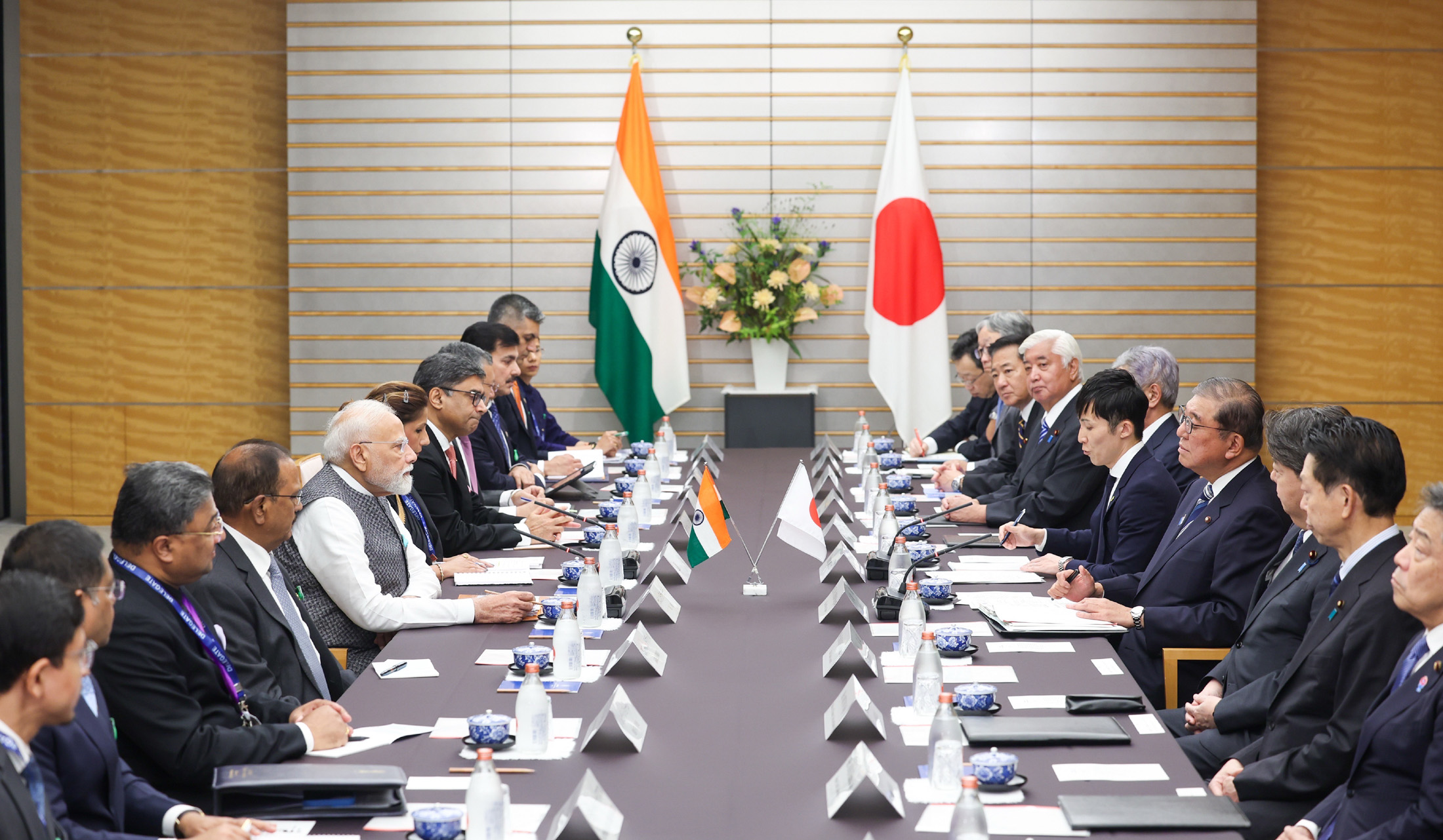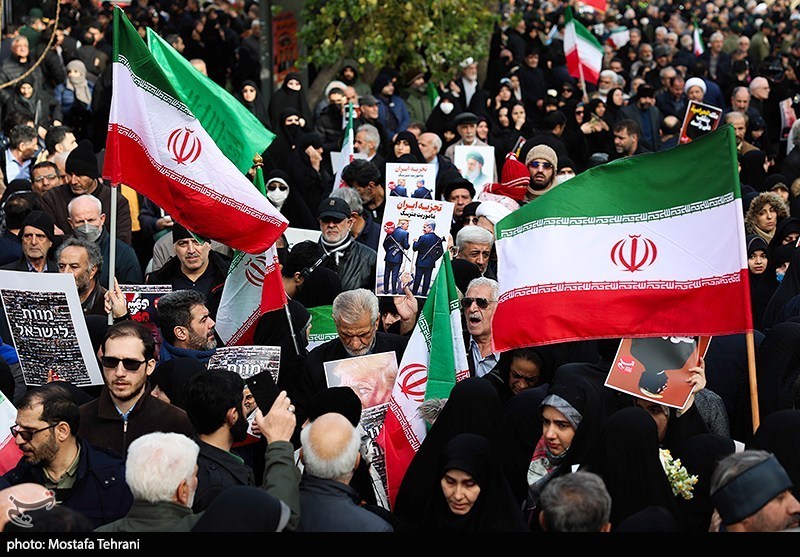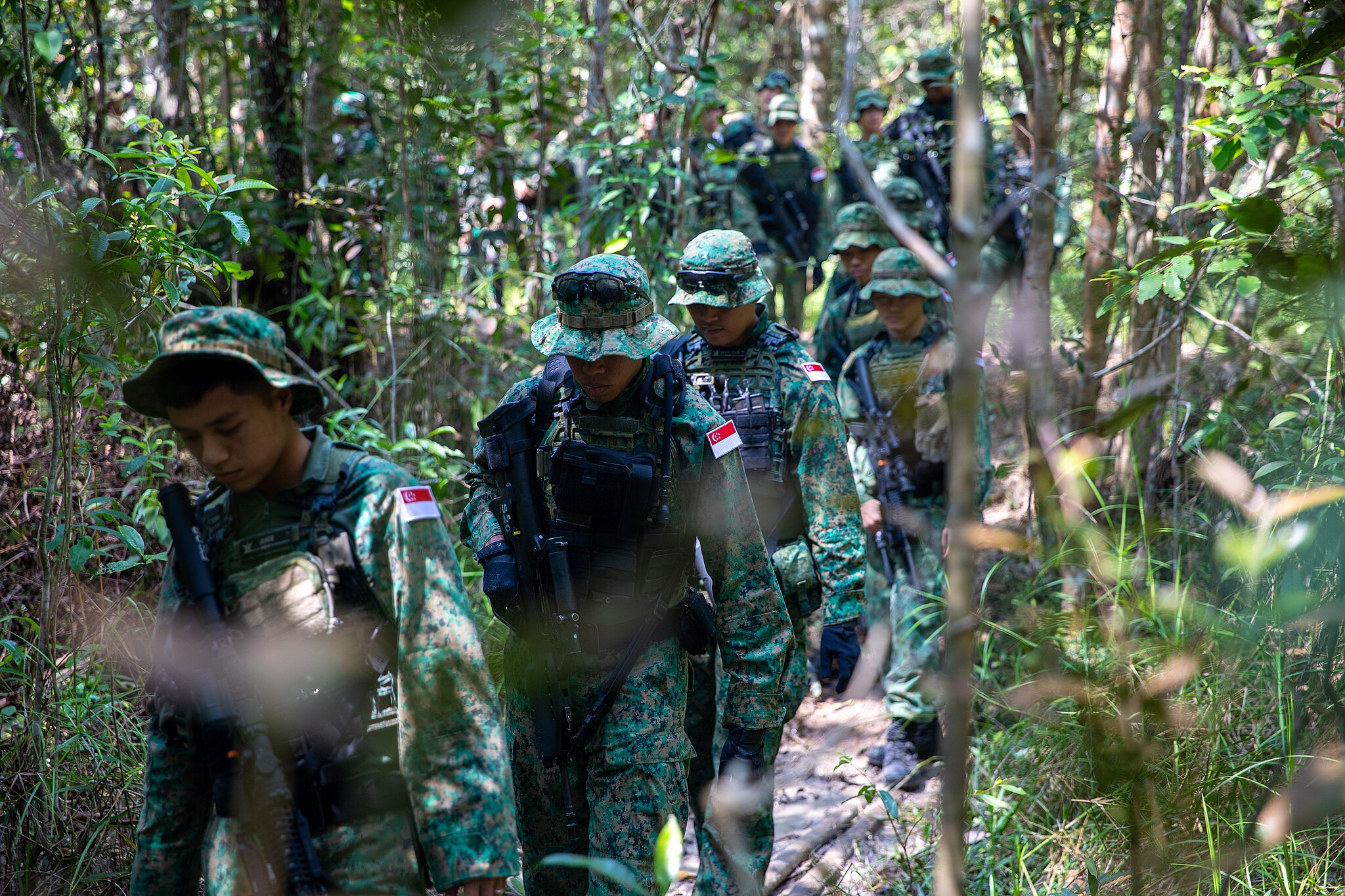On 17 November, the AIIA held its 2025 National Conference. AIIA CEO Dr Bryce Wakefield delivered the opening speech to the conference. Other keynotes, including by Foreign Minister Senator the Honourable Penny Wong and AIIA National President Dr Heather Smith PSM FAIIA are available here.
Ladies and gentlemen, excellencies, fellows, members, distinguished guests, colleagues, friends,
Welcome to the AIIA National Conference 2025.
Those of you who have been with us over the years probably understand that I felt a certain temptation when preparing these remarks. As I sat down to write the opening to this conference, the phrase that sprung–almost unbidden–to mind is:
“Here we go again.”
Because indeed, here we go again.
In previous years we have gathered to consider themes such as Facing Fragmentation and Navigating the Polycrisis. Each time, the message has been unsettlingly similar: the global systems upon which Australia’s security and prosperity depend are under strain.
But this year–this year feels different.
The arrival of a second Trump administration has ushered in a set of dynamics that are more pointed, more chaotic, and more consequential than before. We are witnessing a dismantling of global trade norms, a loosening of U.S. commitments to multilateral systems, and a hesitancy–sometimes an outright ambivalence–toward supporting Ukraine, which continues to fight not only for its own survival, but for the core principles of sovereignty and territorial integrity that underpin global order.
At the same time, the administration’s embrace—both domestically and internationally—of what can only be described as a politics of grievance is reshaping conversations about alliances, values, and responsibilities.
These are not simply shifts in tone. They are arguably shifts in order, and they demand that we think more seriously than ever before about what global order means, what it will become, and how Australia might both adapt to and influence the systems now emerging.
This is the heart of our theme this year: “A World Disrupted: Australia and Global Reordering.”
Because we find ourselves not just observing disruption …
we are living within it.
Most imaginings of the future assume a world that is smaller, harder, bleaker. A world of competing blocs, contested norms, and diminishing cooperation.
And yet—there are voices who see not only peril, but possibility.
One of them is the U.S.-based scholar Amitav Acharya, who suggests that a more multipolar, more fragmented system is not inherently negative—particularly for middle and smaller powers. He reminds us that smaller states have always contributed to the construction of global norms and rules. In his view, fragmentation may open new space for creativity, agency, and coalition-building among states that are not great powers.
Similarly, Singaporean diplomat Bilahari Kausikan argues that Southeast Asian nations are well accustomed to dealing with an America that is sometimes unreliable. For him, Trump does not represent chaos, but what might be called an “overt continuity of unreliability”—merely a more visible form of dynamics the region has long managed. And, he suggests, Europeans—who he characterises as treating NATO as a kind of geopolitical crutch—could learn from Southeast Asia’s more flexible approach.
Australia, too, might learn something here, particularly as we once again commit ourselves to the elusive but essential goal of improving our Asia capability.
There is also an alternate view—one less optimistic about global order but perhaps more sanguine from a narrowly national perspective.
This view suggests that while the erosion of order is damaging globally, Australia might, in fact, ride out the disruption reasonably well. I’ve written in Australian Outlook that Donald Trump does not spend much time thinking about Australia. That reality—however one interprets it—does leave space for the dense network of mechanisms, bureaucratic relationships, military cooperation platforms, and people-to-people ties that make up the Australia–U.S. alliance to continue functioning beneath the political surface.
And of course China remains a central factor. U.S.–China competition continues to harden, yet China’s own relationships, economic headwinds, and ambitions are also shifting. What emerges from this will profoundly shape the contours of any new order. For Australia, managing this complex triangle—our largest trading partner, our principal strategic ally, and our own national interests—will remain one of the defining tasks of our foreign policy.
On Order
So what do we mean when we talk about order?
Order is not only the absence of chaos. It is the presence of predictability, institutions, norms, and—crucially—trust. For seven decades, Australia benefited profoundly from a system largely built and underwritten by the United States.
But the emerging landscape will not look like the post-war order.
Nor like the unipolar moment.
Nor even like the first Trump presidency.
We are in a phase where the foundations themselves are unsettled. We are not merely adjusting to new rules; we are watching the rules being rewritten.
This raises urgent questions:
- Who participates in shaping the next order?
- What values will it reflect?
- How will middle powers coordinate to prevent a drift into unmanaged rivalry?
- And how can Australia help ensure that the emerging system is one in which openness, sovereignty, and prosperity can survive?
These questions will animate our discussions over the next day.
The Role of the AIIA
Whatever shape the world takes in the years ahead, one thing is certain:
The Australian Institute of International Affairs will be there to help Australians know more, understand more, and engage more in it.
Some of our branches have existed for over a century.
As a national body, we have operated for 92 years.
We are the only organisation in Australia of our kind that was present for the creation of the Bretton Woods system and the other institutions that shaped the post-war order.
And yet we are far from relics of that era.
If anything, we are more active than ever.
- Across Australia, we convene around 200 events every year across every state and territory.
- Australian Outlook publishes around 500 articles annually, providing timely, accessible analysis to a broad public audience.
- The Australian Journal of International Affairs has achieved top-quartile ranking in its field—and I will risk immodesty and perhaps the immodesty of the journals wonderful co-editors, Joanne Wallis and Tim LeGrand by saying I believe it is the leading academic journal on international affairs in this region.
- Our staff and members bring Australian perspectives to the world, presenting at conferences in Italy, Germany, Indonesia, the Czech Republic, and beyond.
- Next year, we have been invited to participate in the Munich Security Conference, a testament to the respect the AIIA now commands internationally.
I am also pleased to confirm today that we will be moving ahead with the third cohort of the Indo-Pacific Cooperation Network. This initiative—developed by the AIIA in partnership with the Japan Foundation—is a unique, fully funded, cross-national platform that brings together emerging leaders from across our region. In both 2023 and 2024, we selected 15 outstanding participants each year from more than a dozen Indo-Pacific countries, and together they examined disaster resilience policies and initiatives through study tours in Japan, Australia, Fiji, Tonga, and New Zealand. It has been one of our most ambitious and impactful programs, and I am delighted to announce that applications for the next cohort will open soon for what has truly become a premium project in regional engagement.
And if the pace seems relentless … well, that is because it is.
On Tuesday—that is, tomorrow—our indefatigable Projects and Publications Manager, Emily Mosley, boards a plane to Jakarta. I will follow her on Wednesday, and together we will run a major Track 1.5 dialogue between Australia and Indonesia—a crucial platform at a time when regional understanding has never been more important.
After that, before Christmas, AIIA National Office and Events Coordinator Hebe Ren and I will travel to Adelaide, Brisbane, and Perth to deliver events with our valuable partners at the German Embassy and the Konrad Adenauer Stiftung.
And while I will formally acknowledge all our sponsors at the end of the conference, I do want to take a moment now to recognise the longstanding support of our good friends at KAS, led by their inspiring new Australia, New Zealand, and Pacific Director, Sabina Woelkner.
Closing the opening
So, as we open this year’s National Conference, I encourage you to approach our theme—A World Disrupted—not only with concern, but with curiosity. Not only with caution, but with creativity. Not only with awareness of the challenges, but with confidence in Australia’s ability to shape, influence, and navigate the emerging order.
The world is being reordered.
The question for us is not whether this will happen—but how we choose to engage.
Thank you for being part of that engagement.
Thank you for being part of the Australian Institute of International Affairs.
And with that—let’s begin.
Dr Bryce Wakefield is the Chief Executive Officer of the Australian Institute of International Affairs





